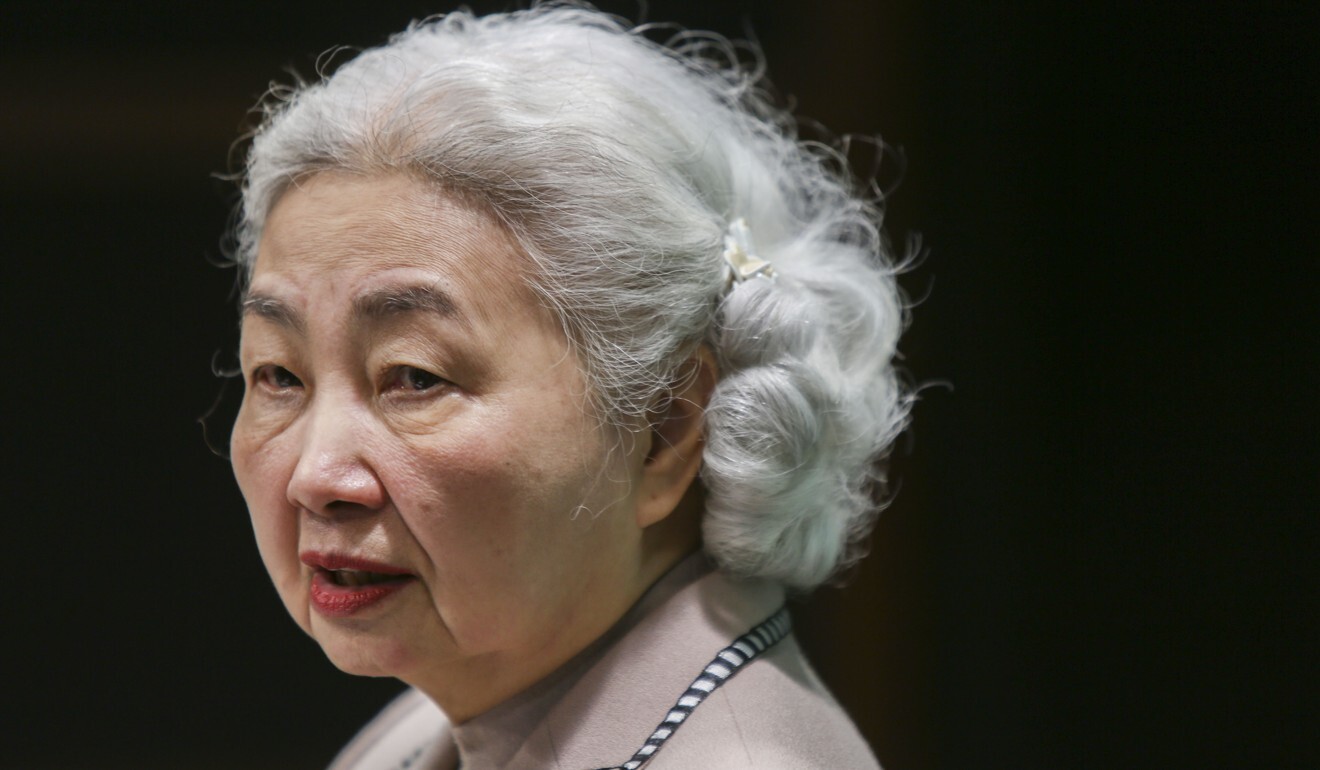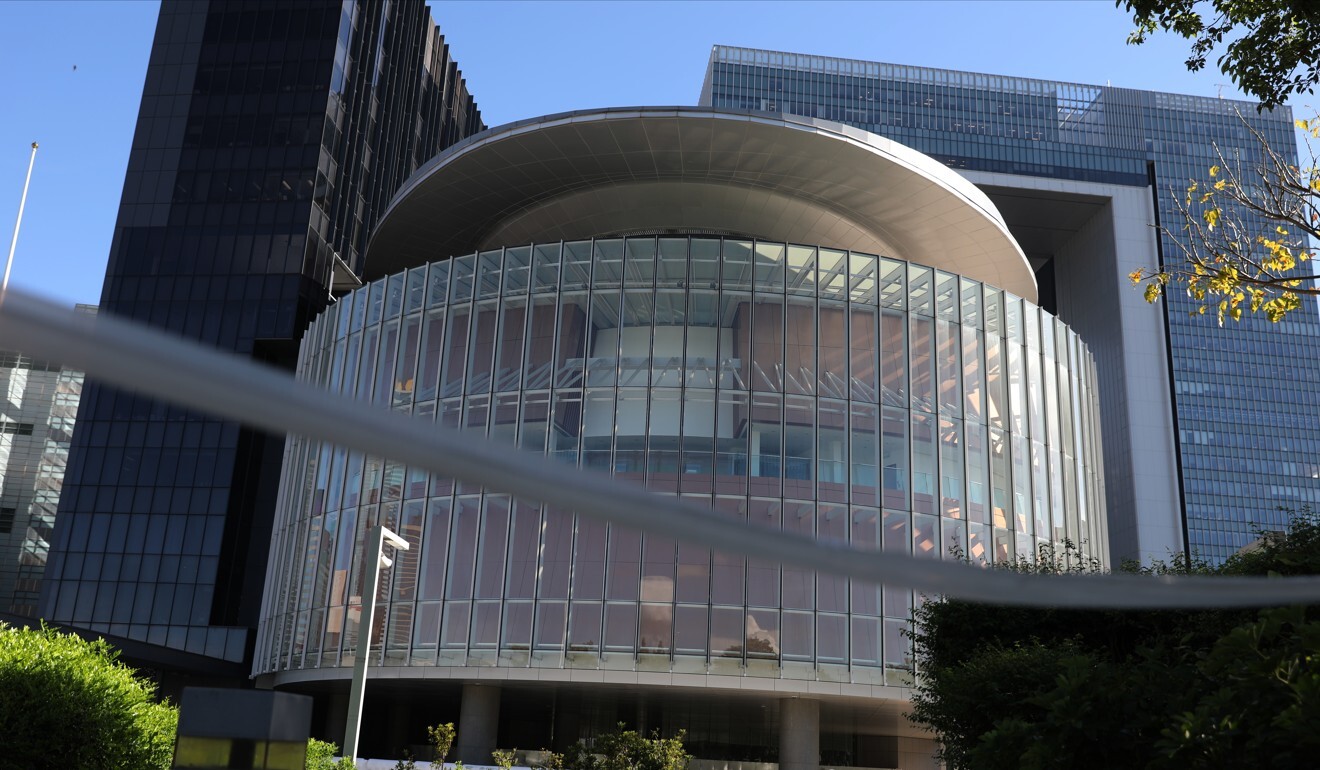
Vetting committee will monitor Hong Kong office holders throughout their tenure in public life, pro-Beijing heavyweight says
- Elsie Leung Oi-sie, a former vice-chairwoman of the Basic Law Committee, brushes aside criticisms that proposed electoral changes are regressive and violate the city’s mini-constitution
- City only has itself to blame for its political shortcomings, and Beijing has no choice but to step in, she says
A new vetting committee proposed by Beijing as part of Hong Kong’s electoral overhaul will monitor candidates for office throughout their tenure in public life to ensure they are sufficiently patriotic – a necessary move to avoid a repeat of 2019’s “protests and riots”, a pro-establishment heavyweight has said.

Part of the plan to “form a new democratic electoral system with Hong Kong characteristics” was the introduction of a “full mechanism” to vet the qualifications of candidates for office. Beijing officials have yet to elaborate on its details, but a drumbeat of comments in recent weeks has sought to drive home the importance of the principle of “patriots governing Hong Kong”.
“[The new vetting body] would not just scrutinise the qualification of candidates. It would also be empowered to scrutinise their acts throughout their tenure,” Leung told a radio show on Sunday.
Speaking separately, Lau Siu-kai, vice-chairman of the semi-official think tank the Chinese Association of Hong Kong and Macau Studies, said he expected the proposed committee would be made up of government officials and social elites who would be given “independent investigative” powers to vet candidates.
“The committee would not have to just rely on the one-sided claims from either the candidates or the government in validating their qualification to stand in elections,” Lau said.
He said the current mechanism left much to be desired as returning officers – who are civil servants – had limited powers to scrutinise candidates, and their decisions were therefore easily subjected to legal challenges.
Lau predicted the new high-level body would come up with a set of standards for determining who could stand for elections and who could not, and said he expected the vetting procedure to be “fairly stringent”.
The establishment-dominated Election Committee, which selects the city’s chief executive, would also be revamped under the drastic shake-up. It is expected to grow to 1,500 members from the current 1,200, and would be given considerable powers to nominate all candidates for Legislative Council elections, while also sending some of its own members to the legislature.
Sources have told the Post that the number of lawmakers will also be increased from 70 to 90, with the seats to be evenly split between geographical constituencies, functional constituencies and the new Election Committee members.
However, Wang’s comment that the Election Committee would have a “relatively large share of Legco members” had others suggesting that up to 40 seats could go to the group, leaving only 20 seats selected by direct elections, further damaging the opposition’s chances.

While both Leung and Lau said on Sunday that they expected Legco elections – originally scheduled for last September, but postponed for a year due to the pandemic – would be pushed even further back in light of the overhaul, they were split on how seats would be divvied up in the legislature.
Leung said the Election Committee holding up to 40 seats would epitomise the principle of “patriots ruling Hong Kong”, but Lau argued that cutting the number of directly elected seats to 20 might not be a healthy development.
“If there are too few directly elected seats, it would not favour the development of those political parties whose survival hinges on grass-roots support,” Lau said, in apparent reference to parties such as the Democratic Alliance for the Betterment and Progress of Hong Kong and the Federation of Trade Unions.
He went on to suggest that one way to strengthen the “patriotic force” was to actually win over residents’ hearts and minds, and the best channel for that was direct elections.
“I believe the 30-30-30 share of seats is more likely to happen,” Lau added.
Meanwhile, former Democratic Party chairwoman Emily Lau Wai-hing slammed the proposed changes, saying all the vetting procedures would render elections meaningless.
“How can people do their jobs when they are under prolonged monitoring and investigation by this committee? It is really meaningless for the authorities to hold elections when there is such a lack of trust and respect for the elected office holders,” she said. “Why don’t they just appoint people to it?”
She also maintained that the common practice was for a parliament to probe the alleged wrongdoing of its lawmakers internally, instead of having an external body do so.
“I really have not seen any other countries doing [anything like that],” she said.

